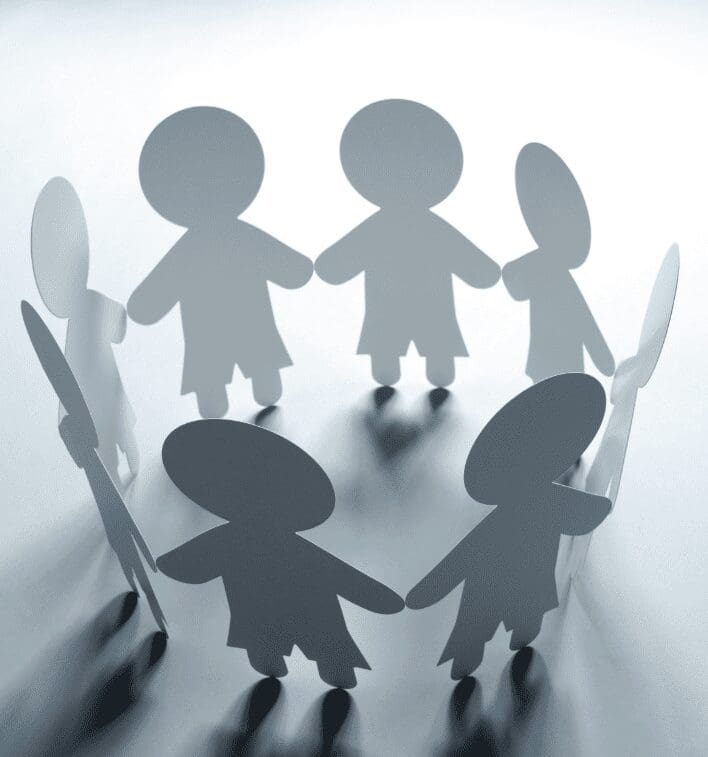See original article here.
In recent Telegram columns, SaltWire Network’s Pam Frampton has highlighted the devastating situation of poverty-stricken people in our world and the widening gap between the rich and the poor. This should not and cannot continue.
Most of us want to do our share to improve our communities and world and, towards this end, more and more people and organizations are embracing a guaranteed livable basic income as an effective way to invest in people for the common good.
Multiple municipalities, such as the Union of Municipalities in British Columbia, Halifax, and Moncton have endorsed the need for a guaranteed livable basic income. Recently, the City of St. John’s unanimously endorsed a guaranteed livable basic income forwarded by Deputy Mayor Sheilagh O’Leary. Fredericton’s city council has a similar resolution on its October agenda.
It is no surprise that more and more municipalities, organizations, people and reports are endorsing a guaranteed livable basic income. Poverty costs all of us money, in addition to being a human rights injustice. Cities deal with the costs of poverty on a daily basis in relation to homelessness, crime and vandalism.
Our N.L. Health Accord report points out that poverty is a major social determinant to health, creating more expensive healthcare.
Our income support programs, and our minimum wage — even at $15 an hour — still leaves people below the poverty line.
A guaranteed livable basic income, administered through our tax system, without excessive taxes, is an efficient and effective way to lift substantial numbers of people out of poverty.
Think, for example, of the savings in excessive healthcare and administration if burdensome monitoring requirements are eliminated. It ensures that single parents, individuals, seniors and others with unpredictable incomes have sufficient means to meet their daily needs (instead of being forced to choose between food for their family and paying the light bill, or food and medication). It ensures that children can develop their minds and bodies to the best of their potential by participating more in school and community activities, that the poverty cycle is broken. In short, it would allow people to live with greater dignity.
The evidence we have, although limited because the Ontario pilot project was terminated by a change in government, demonstrates that a guaranteed livable income works. In addition to the basic necessities of life, it provided security for some to upgrade their education or to retrain. It demonstrated that, rather than reducing the will to work, it alleviated the stress of uncertainty. In other situations, it meant that a family caregiver could provide child or elderly care.
A guaranteed livable basic income is not a handout; it is an investment in people for the common good. A guaranteed livable basic income is a way of ensuring that present and future generations can be productive members of society and live with dignity. It is an investment that we can’t afford not to make.
When there is need, people in Newfoundland and Labrador and elsewhere invariably step up and respond, keeping food banks stocked, providing much-needed aid during the recent disaster of post-tropical storm Fiona, and offering help to Ukraine.
For a guaranteed livable basic income, we need to step up in a different way. We need to write to our premier and MHAs, urging them to implement the resolution of 2021 (passed unanimously) for an all-party committee to investigate the feasibility of a guaranteed livable basic income. We need to write also to our members of Parliament and senators, urging them to implement a guaranteed livable income, supporting the P.E.I. “demonstration project” and recommending that Newfoundland and Labrador be a place for a pilot project.
In doing so, we will be joining with politicians of all parties, municipalities, business persons, social workers, physicians and other health-care workers, economists, the Sisters of Mercy, Basic Income NL, and the Religious Social Action Coalition (a multi-faith group of Jews, Christians, Muslims, Hindus and Sikhs). Collectively, we can ensure that there is a guaranteed livable basic income, an investment in people for the common good of all.





















